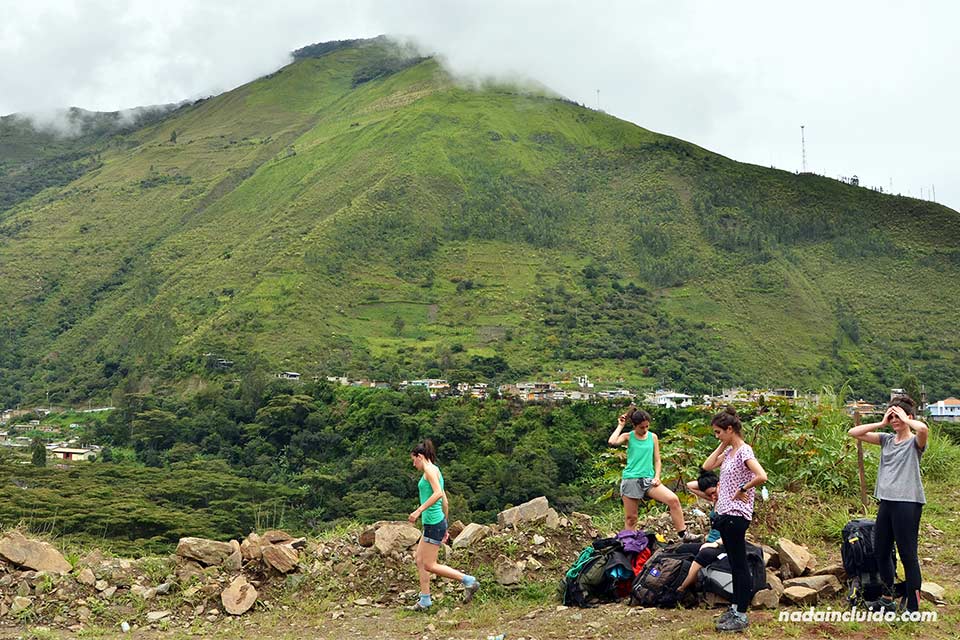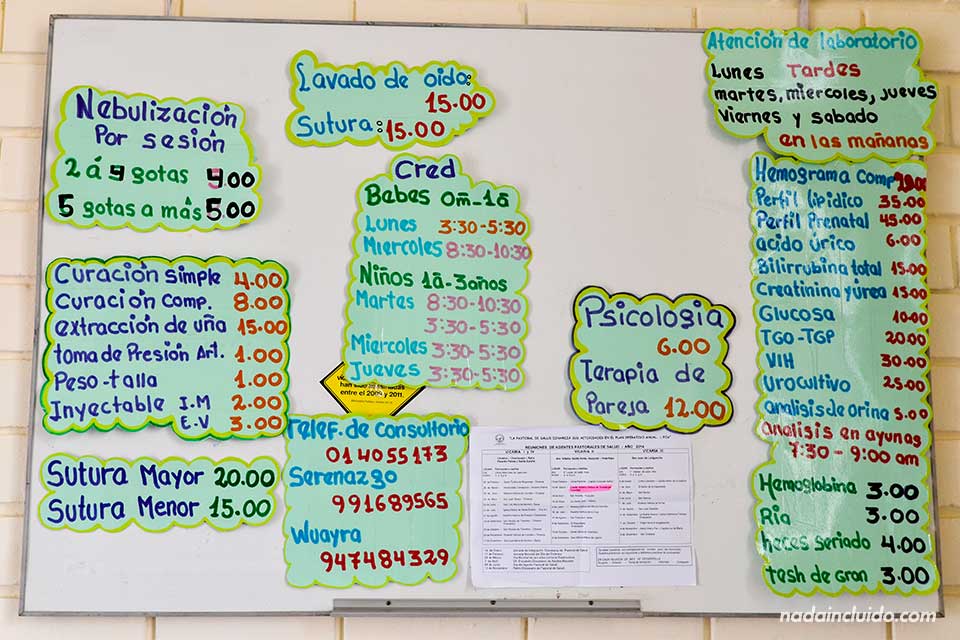Altitude sickness, what is it and how to avoid it?
First of all, this publication is just for ordinary travellers, not for mountain climbers. The objective of this post is to talk about the altitude sickness that a traveller who is visiting some turistic areas a lot of meters about sea level can experience.

(Publicación también disponible en español)
Firstly, the altitude sickness (or acute mountain sickness) is a problem of inadaptation of your organism to the lack of oxygen at a high altitude. There are a wide variety of symptoms but the most common are physical and mental weakness, headaches, dizziness, general malaise and shortness of breath. These symptoms may appear at an altitude above 2,000 meters, and you could experience them in different touristic areas all around the world: China, Nepal, India, Argentina, Bolivia, Peru, etc. In my personal case, all my experience is related to Peru, a country with big variations in the altitude and in which the “places to visit” are located at a very high altitude: The Titicaca Lake and its surroundings, Arequipa and the Colca Canyon, Cuzco, etc.
Secondly, I’d like to highlight that I’m a traveller and a communicator, but I’m not a doctor, so the recommendations I want to give to you are not scientifically proven but based on my personal experience. Bearing this in mind, let’s go for the list of advices to avoid the altitude sickness:
- Plan your route carefully: in my opinion, this is the most important point. By chance or not, no one (and there were five of us in the group) experienced any of the symptoms of the altitude sickness, even when we were in some of the highest areas of the country like Puno which is 3800 meters above sea level. How did we do it? We planned our trip in different stages and we went up progressively. If your next destination is 4000 meters above sea level and you are now on the seaside, it’s better not to cover all the distance in one day, but distribute your route in two or three days. In this aspect, the organized tours don’t help you, because one morning you find yourself on the beach, and the same afternoon you’re taking a plane to the highest spot in the country. There’s no human being who can stand that.
- Rest before you’re tired, eat before you’re hungry, drink before you’re thirsty: in areas lacking oxygen, your brain works slowly and being conscious of your bare necessities could take more time than usual. That is, you can be physically dehydrated but not mentally concerned about it. For this reason, you should control the physical activity you do and think about the necessities you may have in advance. If you have the habit of eating every three hours, you must keep on doing it even if you have the feeling that you’re not hungry.
- Natural remedies: follow the locals’ advice. Despite the fact that the inhabitants are already adapted to the environment, they often know quite well natural remedies to fight the different symptoms. In the case of altitude sickness, and taking Peru as an example, in mountain areas, people are great consumers of coca leaves. They often have herbal teas made with this plant or they put the leaves directly into their mouths. They don’t swallow the leaves, but they keep them in their mouths until this part of the body is slightly numb. The coca leaves enhance the absorption of oxygen into blood and this is why it’s considered a good natural remedy against altitude sickness. It’s not the only one though. So, wherever you are, you can ask the locals because they will know more than anyone. But don’t believe everything they tell you.
- Medicine: wherever the reason doesn’t reach, the medicine will. The most well-known medical treatments against altitude sickness, at least in Peru, are the oxygen bottles (you can find them in a lot of hotels and chemist’s) or pills which help in the process of absorption of oxygen into blood. They are easy to be found because they are advertised and sold in a lot of areas across the country. Ibuprofen (or similar medicines) can also be useful.
- If everything above doesn’t help, you should go down: I haven’t a lot more to say about this. There are organisms which in such a short time aren’t able to adapt to the lack of oxygen, so if none of the previous remedies work, the best thing is to look for a place with a lower altitude.
In short, if you travel to a mountain country or with a lot of differences in altitude, altitude sickness can be present at some moment during your adventure. But as you can see, there are countless remedies. For me, there’s nothing more effective than travelling calmly and plan your trip in stages. Nothing should stop your will to discover the world.








